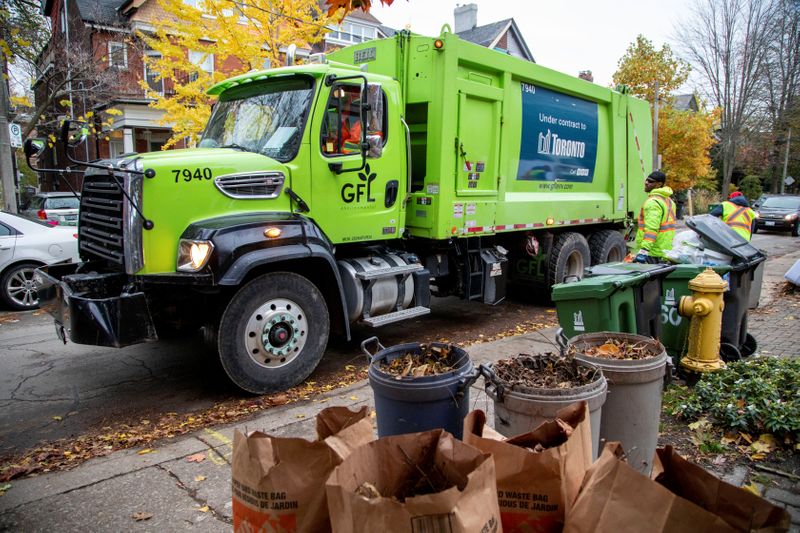This post was originally published on this site
https://i-invdn-com.akamaized.net/trkd-images/LYNXMPEG22032_L.jpg
By Bharath ManjeshR
(Reuters) – GFL Environmental Inc on Monday raised about $1.4 billion in its initial public offering, pricing it below the target range in a conservative step to ride out market volatility in the wake of the coronavirus outbreak.
The Canadian waste management company priced its IPO at $19 per share, compared to the target range of $20 to $21 per share, giving it a market value of $6.08 billion.
The pricing of its IPO comes a day earlier than expected amid a sharp rebound in equity markets following last week’s steep sell-off.
GFL’s founder and chief executive officer, Patrick Dovigi, told Reuters the earlier-than-expected pricing was due to robust demand during book-building and that the company was able to market and price one of the largest IPOs in Canada.
The company had attempted to raise $1.83 billion in November last year, but that IPO was pulled after institutional investors pressed the Canadian firm to price its shares below the marketed range.
Separately, the company is also selling 14 million tangible equity units for $775 million in proceeds.
GFL is one of the largest waste haulers in North America, serving over 4 million households, more than 135,000 commercial customers in its solid waste management business, and over 13,000 customers in its liquid waste management business.
GFL, whose “Green for Life” slogan is seen across major Canadian cities, will list its shares on the NYSE and the Toronto Stock Exchange (“TSX”) under the symbol “GFL”. GFL shares will start trading on Tuesday or Wednesday.
J.P. Morgan, BMO Capital Markets, Goldman Sachs (NYSE:), RBC Capital Markets and Scotiabank are lead underwriters to the offering.
Fusion Media or anyone involved with Fusion Media will not accept any liability for loss or damage as a result of reliance on the information including data, quotes, charts and buy/sell signals contained within this website. Please be fully informed regarding the risks and costs associated with trading the financial markets, it is one of the riskiest investment forms possible.

